Is your roof showing signs of wear and tear? A professional roof inspection can identify potential issues before they become costly problems. At Mountain Roofers Asheville, our experienced roofers conduct thorough inspections to detect leaks, damage, and other concerns that may affect your home insurance coverage. This article will explore the importance of regular roof inspections, how they can prevent expensive repairs, and why choosing a reputable roofer for this crucial task is essential. Learn how our expert team can help protect your home and save you money in the long run.
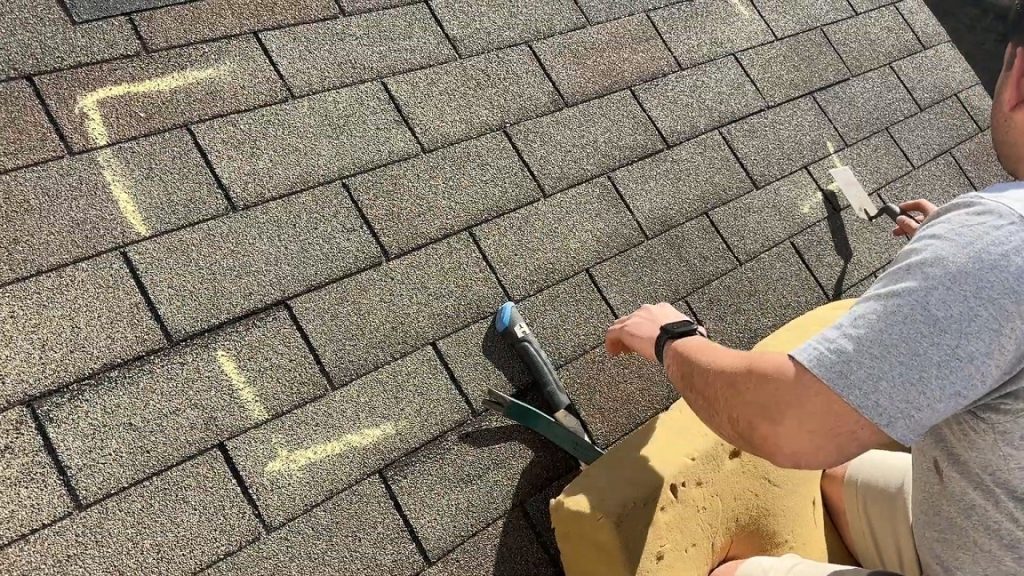
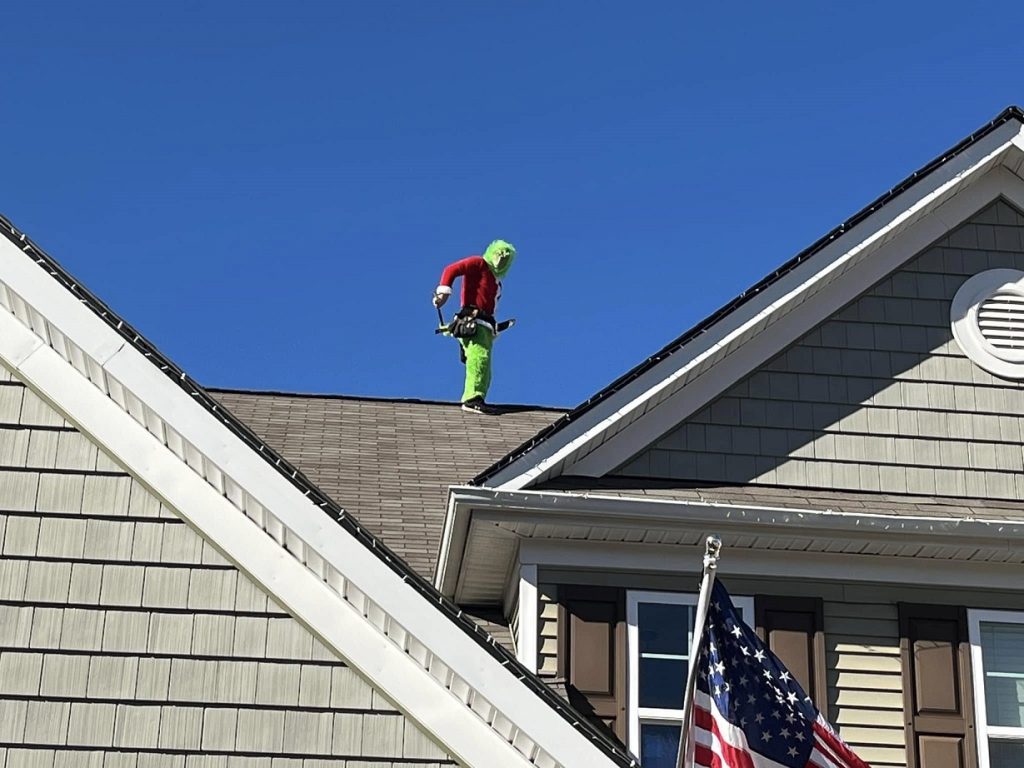
Roof inspection services encompass various assessments, including commercial, residential, and specialized inspections for hail damage, leaks, and storm aftermath. Professional roofers examine crucial elements like flashing, ventilation, and the attic for signs of water damage. Regular inspections maintain warranty validity and identify potential issues, ensuring the longevity and performance of different roof types, from flat to metal.
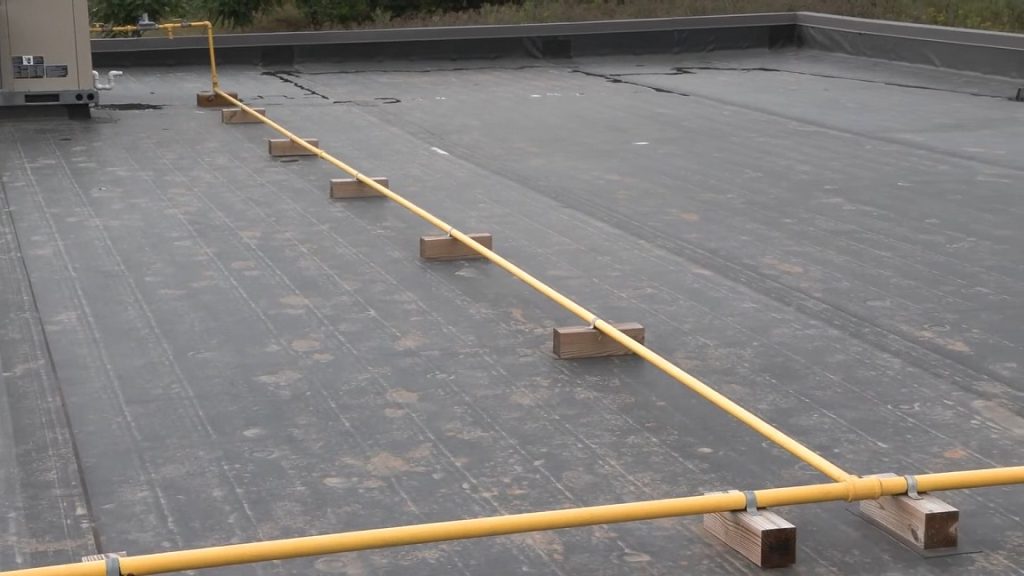
Commercial roof inspections involve thorough assessments of various roofing materials, including metal and bitumen. Inspectors examine the entire roofing system, checking for signs of dry rot, chimney damage, and other potential issues that could compromise the integrity of the structure.
Professional roofers conduct comprehensive evaluations of commercial roofs, focusing on areas prone to water infiltration and structural weakness. These inspections help identify problems early, preventing costly repairs and extending the lifespan of the roofing system.
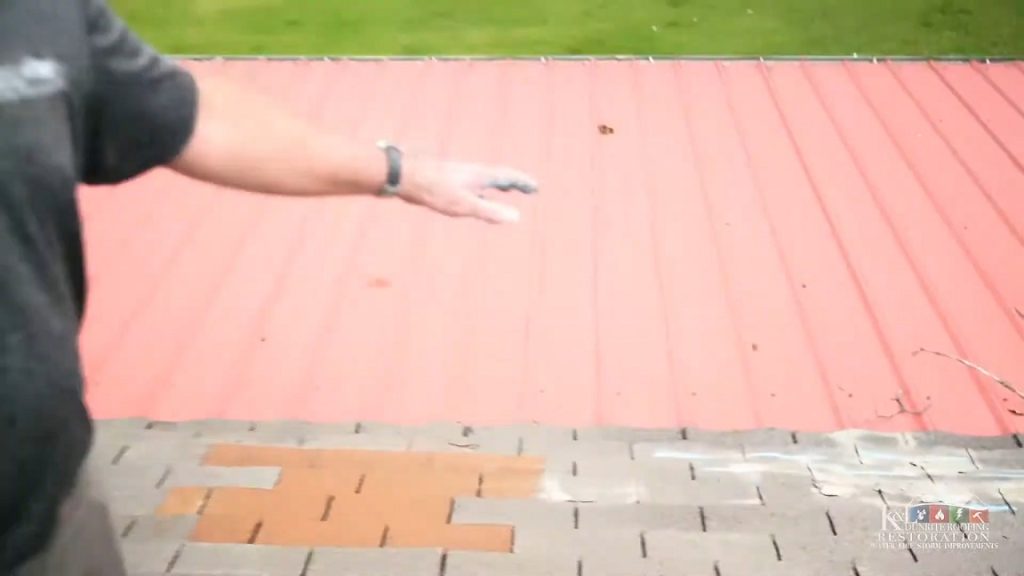
Roof checking involves a thorough inspection of various roofing materials, including metal roofs and slate. Professional roofers assess the condition of these materials, looking for signs of wear, damage, or potential issues that could affect the roof’s performance and longevity.
Regular roof checks are essential for maintaining the integrity of the roofing system and ensuring compliance with insurance policy requirements. These inspections often include assessments for hail damage and other weather-related issues, helping property owners address maintenance needs promptly and prevent costly repairs.
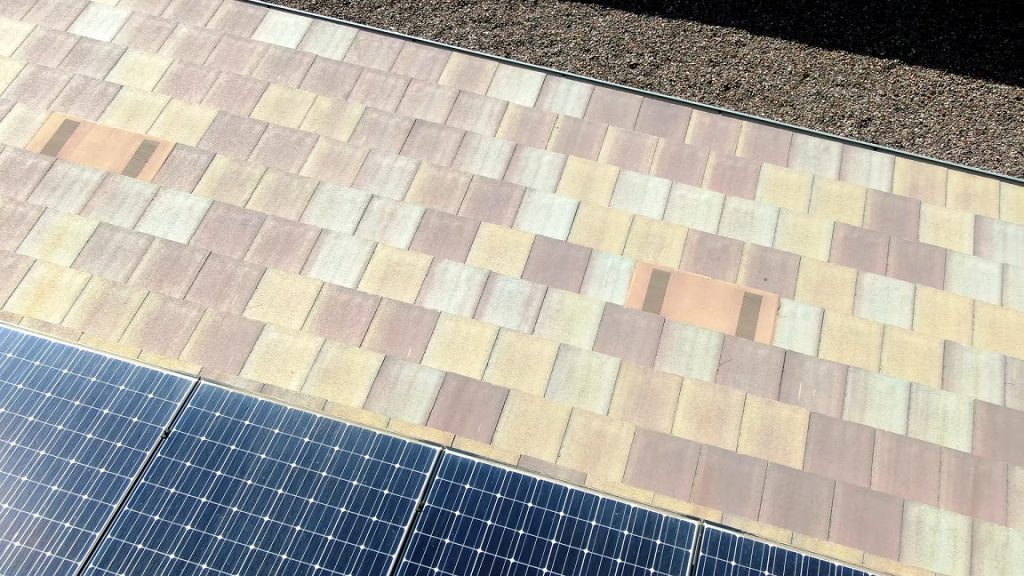
Roof inspection services encompass thorough evaluations of various roofing materials, including asphalt shingles and wood. These services assess the overall condition of the roof, identifying potential wind damage and other issues that may compromise its integrity. Professional inspectors examine all components, from the underlayment to the surface materials, ensuring a comprehensive assessment.
The cost of roof inspection services varies depending on factors such as roof size, complexity, and location. While fees may initially seem like an expense, they are a wise investment in preventing costly repairs and extending the roof’s lifespan. Regular inspections can detect early signs of wear, allowing property owners to address issues promptly and maintain their roof’s performance against wind and other environmental factors.
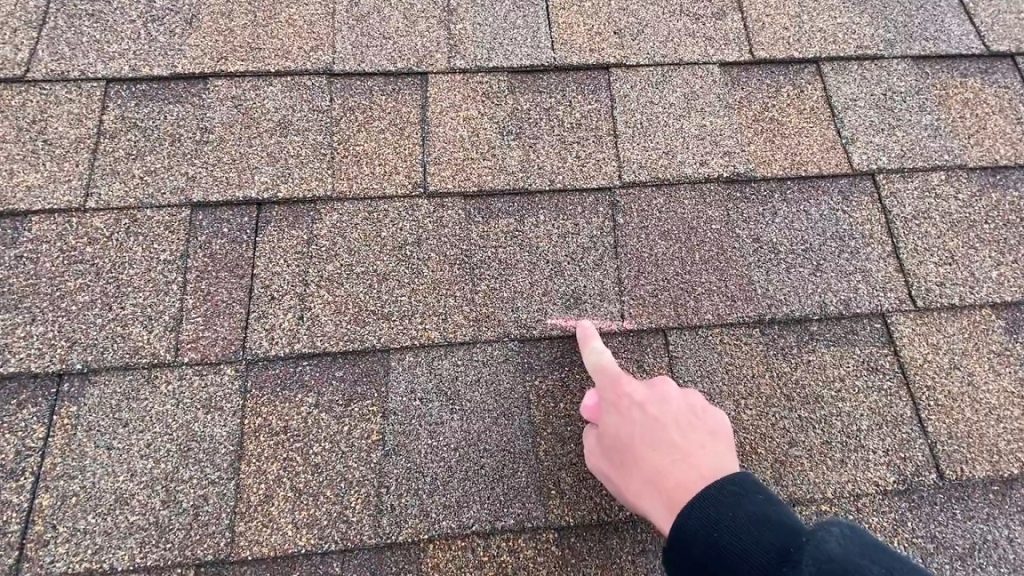
Hail damage roof inspections are crucial after severe storms, particularly for flat roofs prone to water pooling. Professional roofers assess the extent of damage, looking for signs of corrosion, dents, and punctures that may compromise the roof’s integrity. These inspections also evaluate the condition of siding and other exterior components affected by hailstorms.
Comprehensive hail damage assessments include checking for hidden issues such as weakened structural supports or moss growth in damp areas. Inspectors use specialized tools to detect subtle damage that may not be visible to the untrained eye. A thorough inspection helps property owners make informed decisions about repairs or replacements, ensuring the long-term protection of their buildings. The process typically involves:
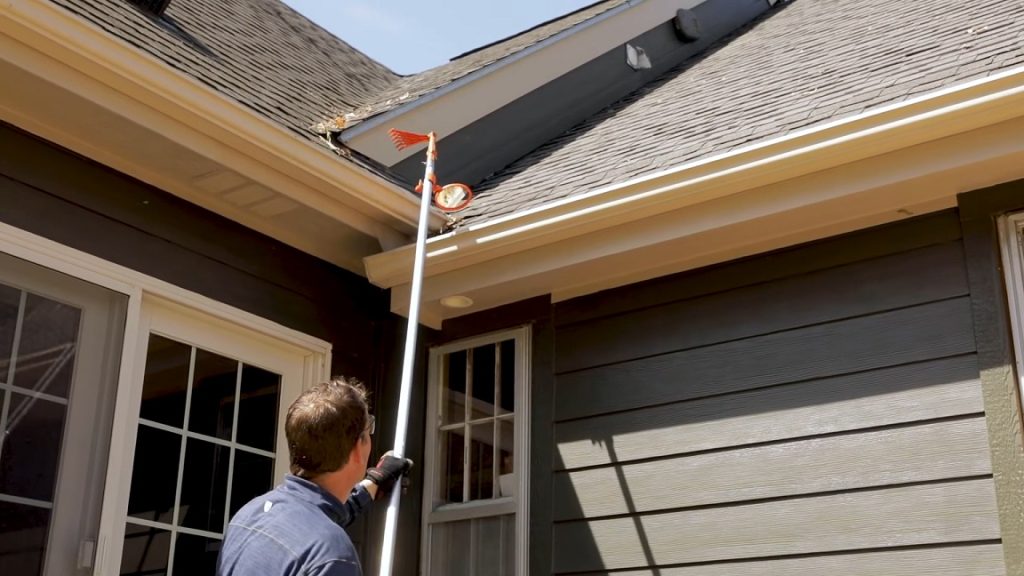
Gutter inspection is a crucial component of comprehensive roof evaluations conducted by professional roofing companies. These inspections assess the condition of gutters, downspouts, and drainage systems, ensuring proper water management and preventing potential damage to the roof and foundation.
During a gutter inspection, roofing experts evaluate the gutters’ alignment, integrity, and functionality. They check for signs of wear, damage, or clogs that may impede water flow and lead to roof replacement. A thorough gutter inspection typically includes:
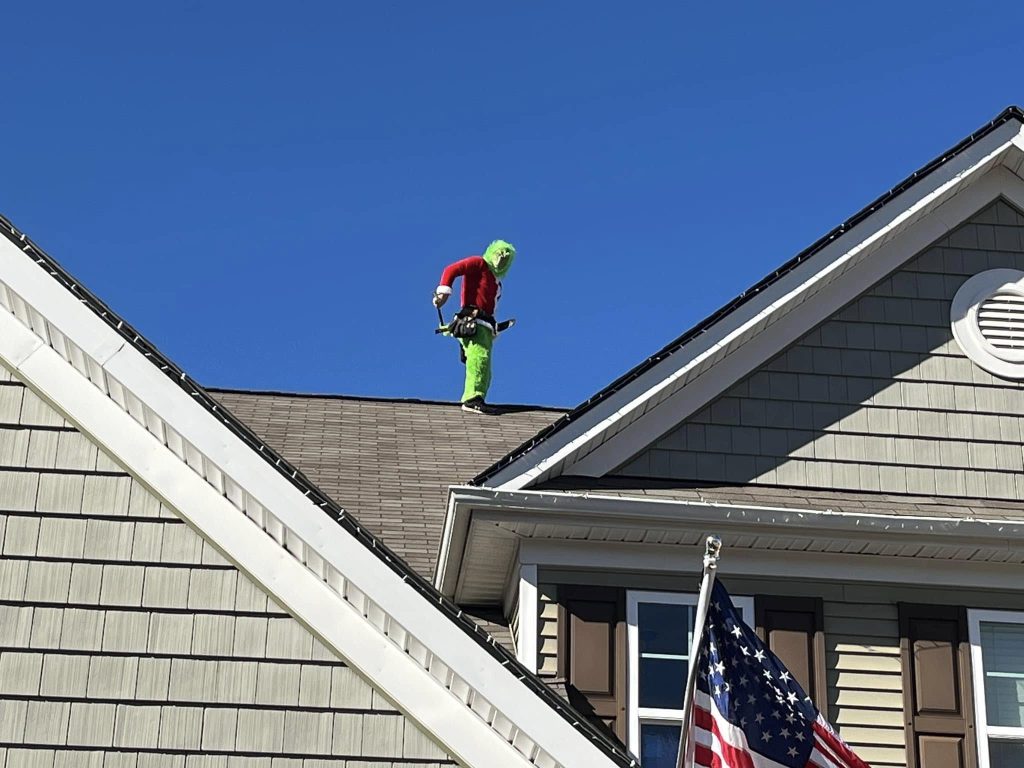
A comprehensive roof assessment involves a thorough evaluation of all roofing components by professional roofing contractors. These assessments examine the overall condition of roofs, identifying potential issues that may require roof repairs. Roofing inspections typically cover the structural integrity, material quality, and signs of damage or wear.
During a roof assessment, roofing contractors inspect various elements, including shingles, flashing, and underlayment. They assess for leaks, proper ventilation, and signs of water damage. A detailed roof assessment provides property owners with valuable information about their roof’s condition and helps them make informed decisions about maintenance or replacement. The process generally includes:
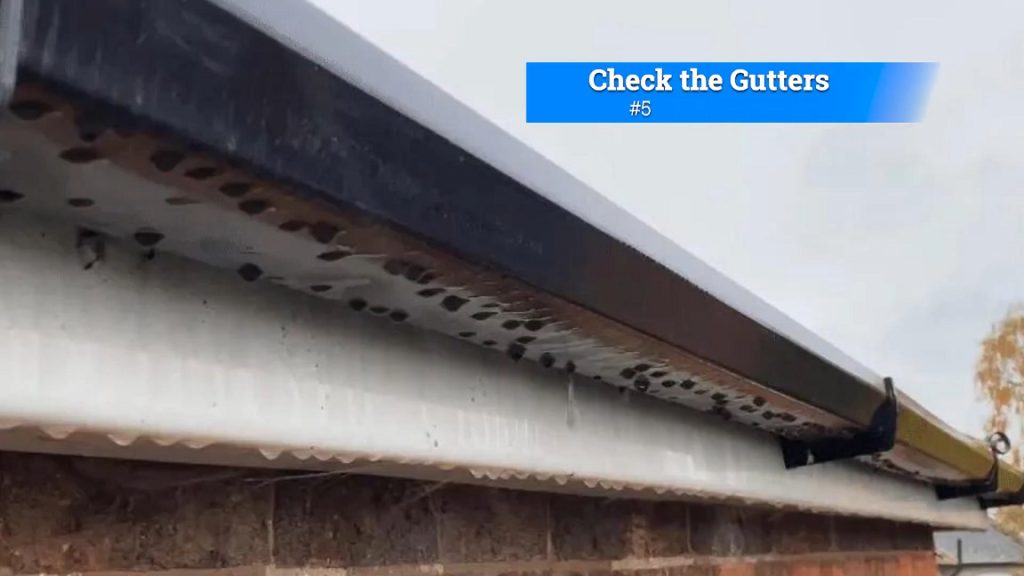
Flat roof inspections require specialized expertise due to their unique structure and potential for water pooling. Professional roofers conduct thorough assessments of the roof membrane, drainage systems, and seams to identify signs of damage or wear. These inspections often include roof certification, which can be valuable for home warranty purposes and may impact insurance rates.
The cost of a flat roof inspection varies depending on factors such as roof size and complexity, but many roofing companies offer free roof inspections as part of their services. Regular inspections are crucial for maintaining the integrity of flat roofs, as they help detect issues early and prevent costly repairs. Professional roofers use advanced techniques and equipment to ensure a comprehensive evaluation of the roof’s condition.
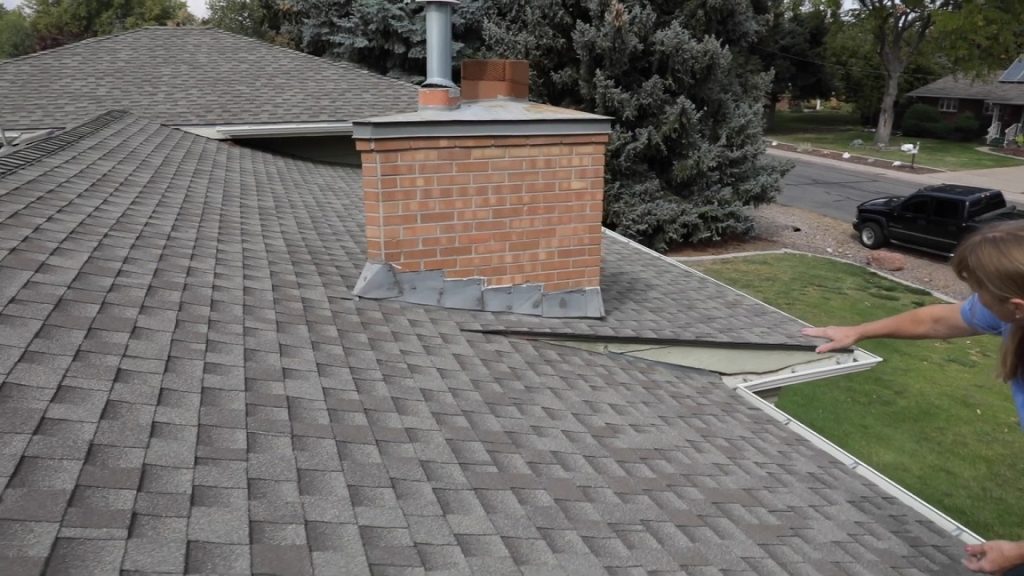
Home roof inspections are essential for maintaining the integrity and longevity of residential roofing systems. Professional roof inspectors conduct thorough assessments, examining various components such as shingles, flashing, and underlayment for signs of damage or wear. These inspections help homeowners identify potential issues early, preventing costly roof repairs in the future.
Regular roof inspections by qualified roof inspectors can extend the life of a home’s roofing system and ensure its optimal performance. During these evaluations, inspectors assess ventilation, check for water damage, and identify areas that may require immediate attention. A comprehensive home roof inspection typically includes:
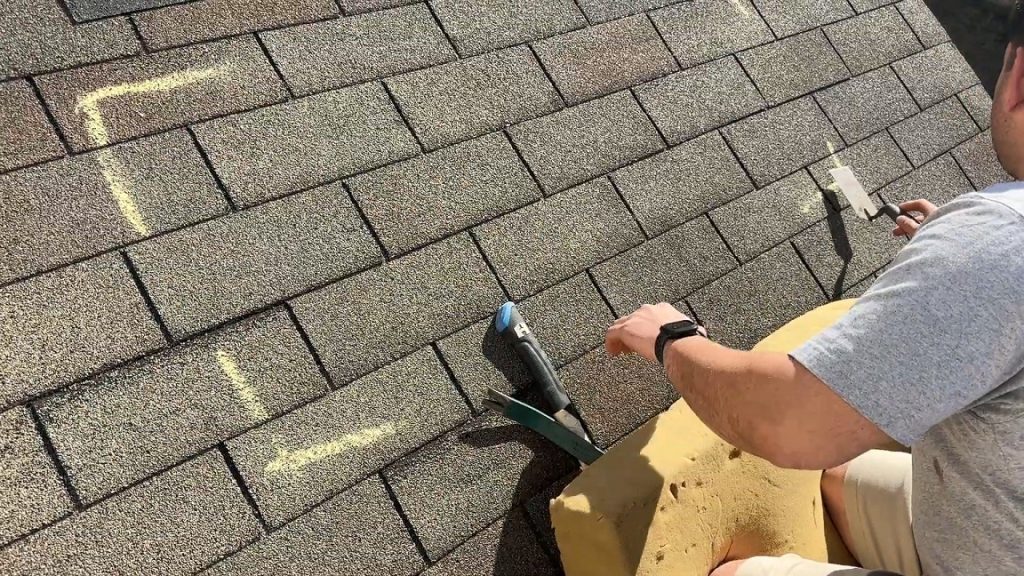
Residential roof inspections are crucial for maintaining the integrity of homes. Certified roof inspectors near you conduct thorough assessments, examining shingles, flashing, and underlying structures for signs of damage or wear. These professionals utilize advanced roof leak detection techniques to identify potential issues before they escalate into costly repairs.
Homeowners seeking peace of mind can benefit from hiring an independent roof inspector near them. These experts provide unbiased evaluations of roofing systems, offering detailed reports on the roof’s condition and recommendations for maintenance or repairs. A comprehensive residential roof inspection typically includes:
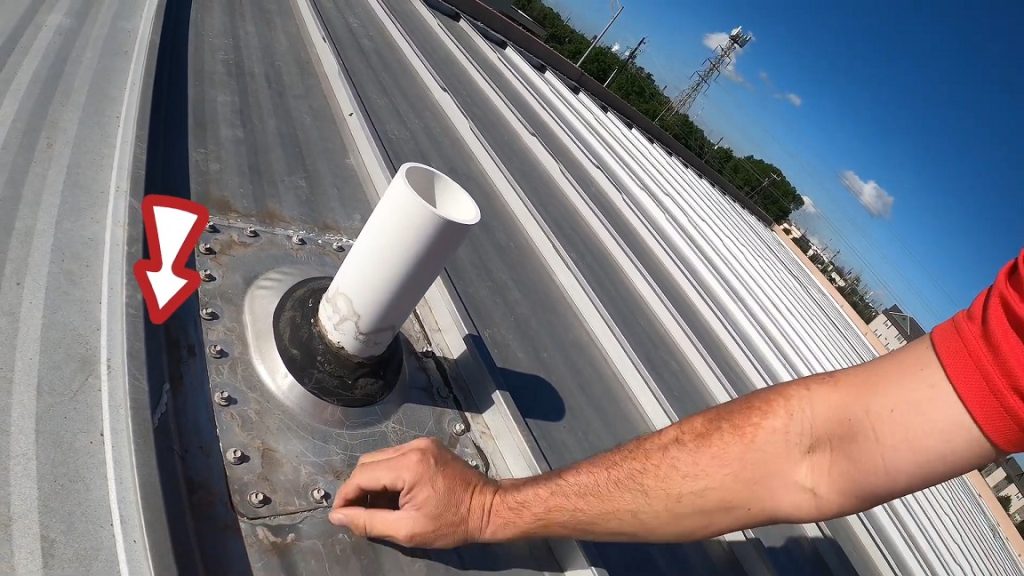
Roof leak inspections are crucial for maintaining the integrity of any building. A licensed roof inspector near you can conduct a thorough roof assessment, identifying potential water entry points and damage caused by leaks. These professionals use advanced techniques to detect hidden moisture and assess the overall condition of the roofing system.
An independent roof inspector provides an unbiased evaluation of the roof’s condition, offering valuable insights for homeowners and property managers. During a roof hail damage inspection, the licensed roof inspector examines the entire roofing structure, including shingles, flashing, and underlayment. A comprehensive roof leak inspection typically includes:
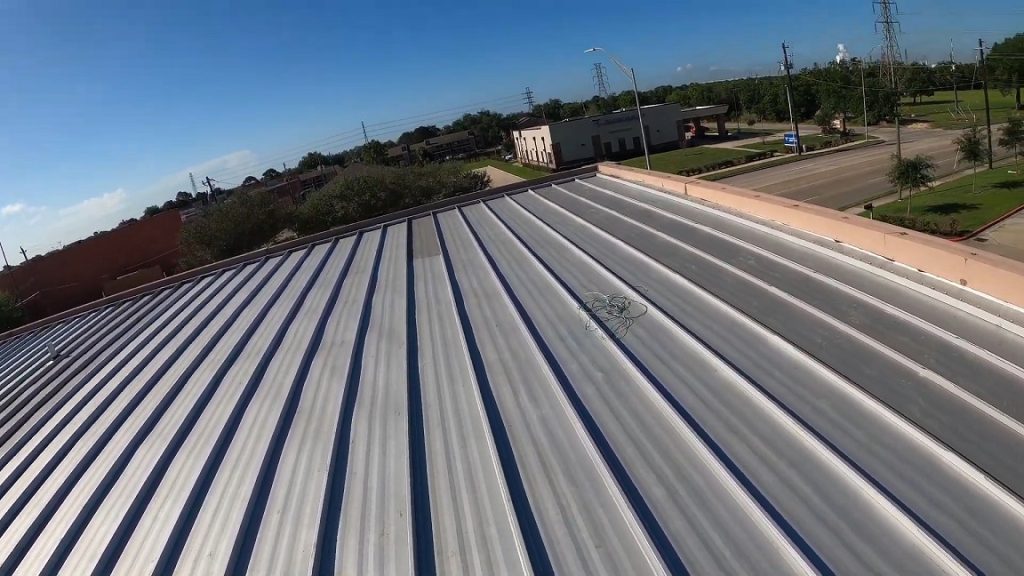
Metal roof inspections are crucial for maintaining the integrity of a building and ensuring compliance with building codes. Professional inspectors assess the condition of metal roofing systems, looking for signs of rust, corrosion, and drainage issues that could compromise the structure’s integrity. These inspections play a vital role in real estate transactions, providing valuable information to potential buyers and sellers.
During a home inspection, experts examine metal roofs for specific issues such as loose fasteners, damaged panels, and improper sealing. They assess the roof’s ability to withstand weather conditions and evaluate its overall performance in protecting the property. Thorough metal roof inspections help identify potential problems early, preventing costly repairs and ensuring the longevity of the roofing system.
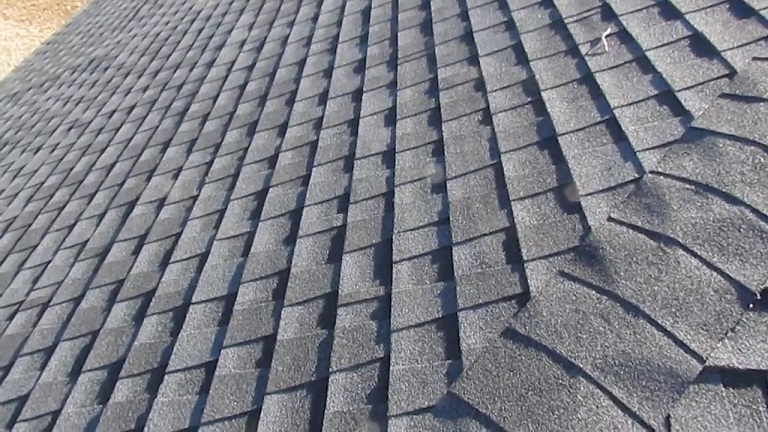
Roof inspections after installation are crucial for ensuring proper energy efficiency and overall quality of the new roofing system. Professional roofers assess the installation of various components, including tiles, skylights, and ventilation systems, to verify they meet industry standards and local building codes. These inspections help identify any potential issues that could lead to leaks or poor performance during rain events.
A thorough post-installation inspection provides homeowners with peace of mind and can help them stay within budget by preventing costly repairs in the future. Inspectors examine the roof’s structure, materials, and workmanship, paying close attention to critical areas such as flashing, seams, and drainage systems. The inspection process typically includes:
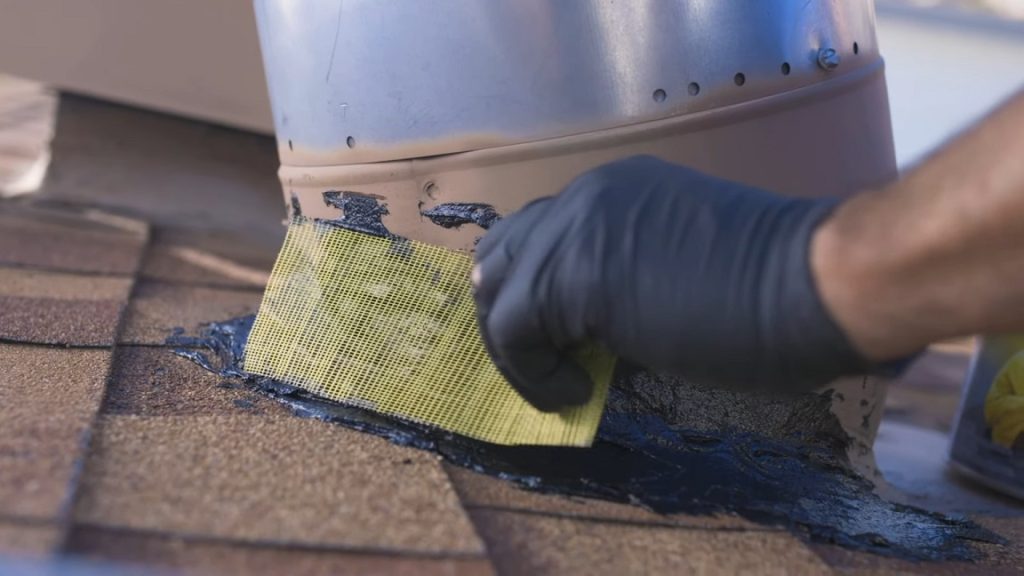
Roof inspection and repair services address a range of issues, including mold growth, debris accumulation, and algae formation. Professional roofers conduct thorough assessments using a comprehensive checklist to identify potential problems and recommend necessary repairs. These inspections are particularly crucial after severe weather events, such as heavy snowfall, to ensure the roof’s structural integrity remains intact.
During roof inspections, experts examine various components for signs of damage or wear. They assess the condition of shingles, flashing, and gutters, looking for issues that could lead to leaks or other problems. A typical roof inspection and repair process includes:
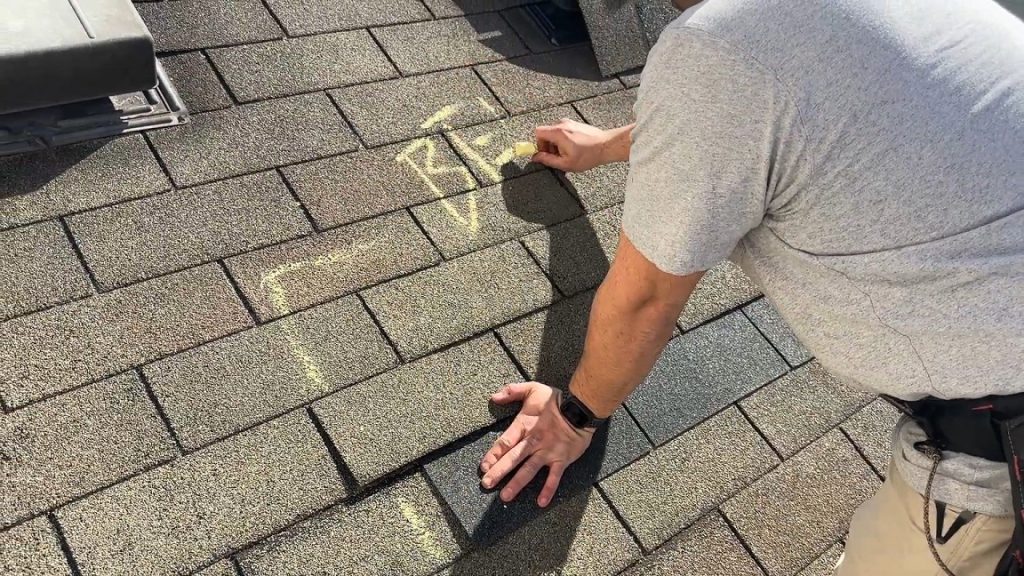
Roof repair inspections assess damage and determine necessary fixes, ensuring the longevity of roofing systems. Professional roofers conduct thorough examinations, often using specialized equipment to detect hidden issues that may affect air conditioning efficiency. These inspections are crucial after severe weather events to maintain structural integrity.
During a repair inspection, certified professionals evaluate various roofing components, including shingles, flashing, and ventilation systems. They provide detailed reports, often accessible by telephone, outlining required repairs and potential long-term solutions. This process helps property owners make informed decisions about maintaining their roofs and preventing future issues.
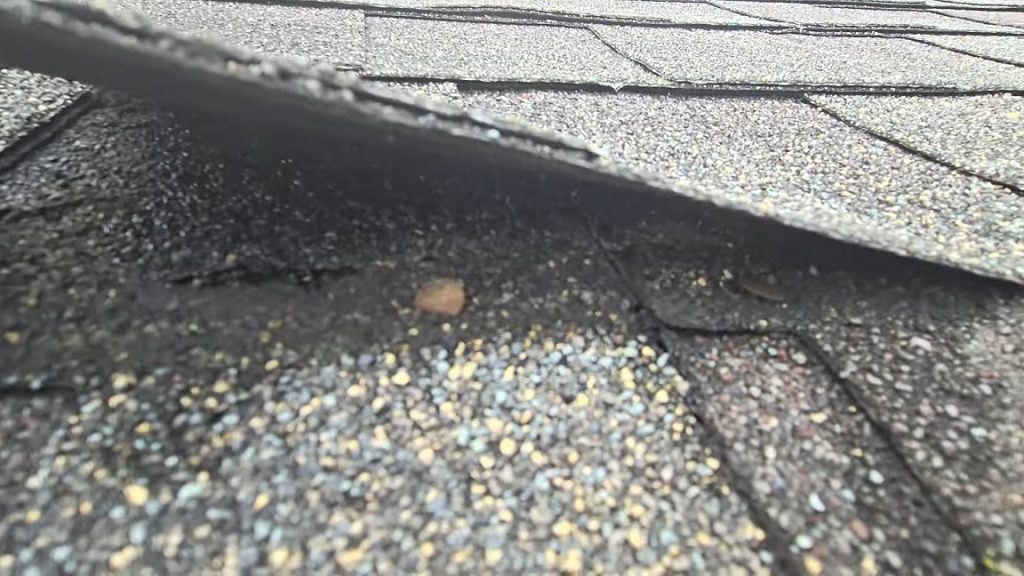
Storm damage inspections are crucial for assessing the impact of severe weather events on roofing systems. Professional roofers examine the roof’s construction, including rafters and overall design, to identify potential weaknesses caused by ice, wind, or debris. These inspections help determine the extent of damage and necessary repairs to maintain the roof’s integrity.
During a storm damage inspection, experts evaluate signs of wear and tear exacerbated by extreme weather conditions. They assess shingles, flashing, and drainage systems for evidence of impact or displacement. A comprehensive storm damage inspection typically includes:
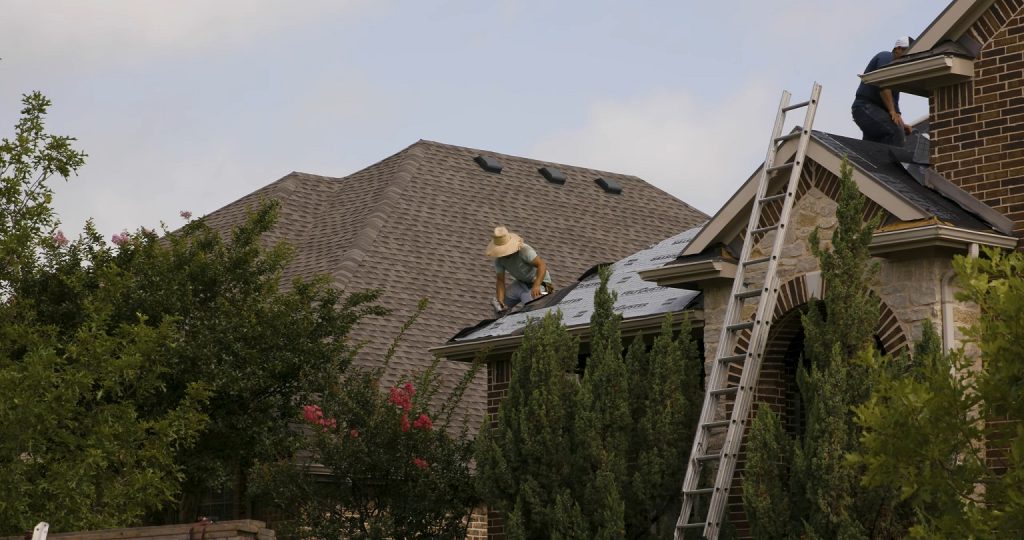
City roof inspections involve comprehensive assessments of urban roofing structures, ensuring compliance with local building codes and safety standards. These inspections evaluate various components, including fascia boards and manufacturing quality, to determine the overall condition of roofs in densely populated areas.
The price of city roof inspections varies depending on factors such as building size and complexity, but they represent a valuable investment for property owners and city officials alike. Professional inspectors provide detailed reports on roofing conditions, offering customers crucial information for maintenance planning and potential repairs to protect their urban properties.
Contact us today for a free consultation and let’s build something durable together

Contact us today for a free consultation and let’s build something durable together

Professional roofing experts recommend having your roof inspected at least once a year, preferably in the spring or fall. However, after severe weather events like storms or hail, additional inspections are crucial to identify potential damage and prevent costly repairs down the line.
A professional roof inspection typically includes a thorough examination of the roof’s condition, checking for damaged or missing shingles, leaks, proper ventilation, and potential structural issues. Inspectors assess the overall integrity of the roof, identifying any areas that require repair or replacement to ensure longevity and protection.
While homeowners can perform basic visual inspections, a professional roof inspection is recommended for a comprehensive assessment. Trained roofers have the expertise to identify hidden issues, assess structural integrity, and provide accurate evaluations of your roof’s condition, ensuring safety and preventing potential problems.
A professional roof inspection typically takes between 30 minutes to 2 hours, depending on the size and complexity of the roof. Experienced roofers will thoroughly examine the structure, shingles, flashing, and gutters to identify any issues or potential problems.
Signs that indicate you need a roof inspection include visible damage like missing or curled shingles, leaks or water stains inside your home, sagging areas on the roof, excessive granules in gutters, and age-related wear. Professional roofers can assess these issues and recommend necessary repairs or replacement.
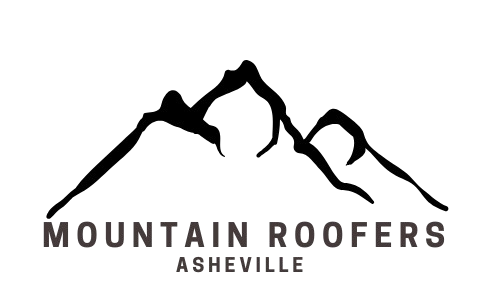
Is your roof in need of repair or replacement? Mountain Roofers Asheville brings over 20 years of experience to address your roofing concerns. This article will highlight our comprehensive services, including leak detection, insurance claim assistance, and warranty-backed installations. Whether you need asphalt shingle replacement or expert roofer consultation, we’re here to protect your home and provide peace of mind.
Stay updated with the latest offers!